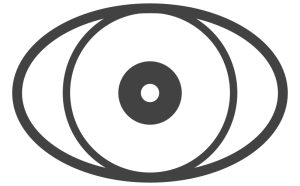Tag: Experimental Anthropology
-
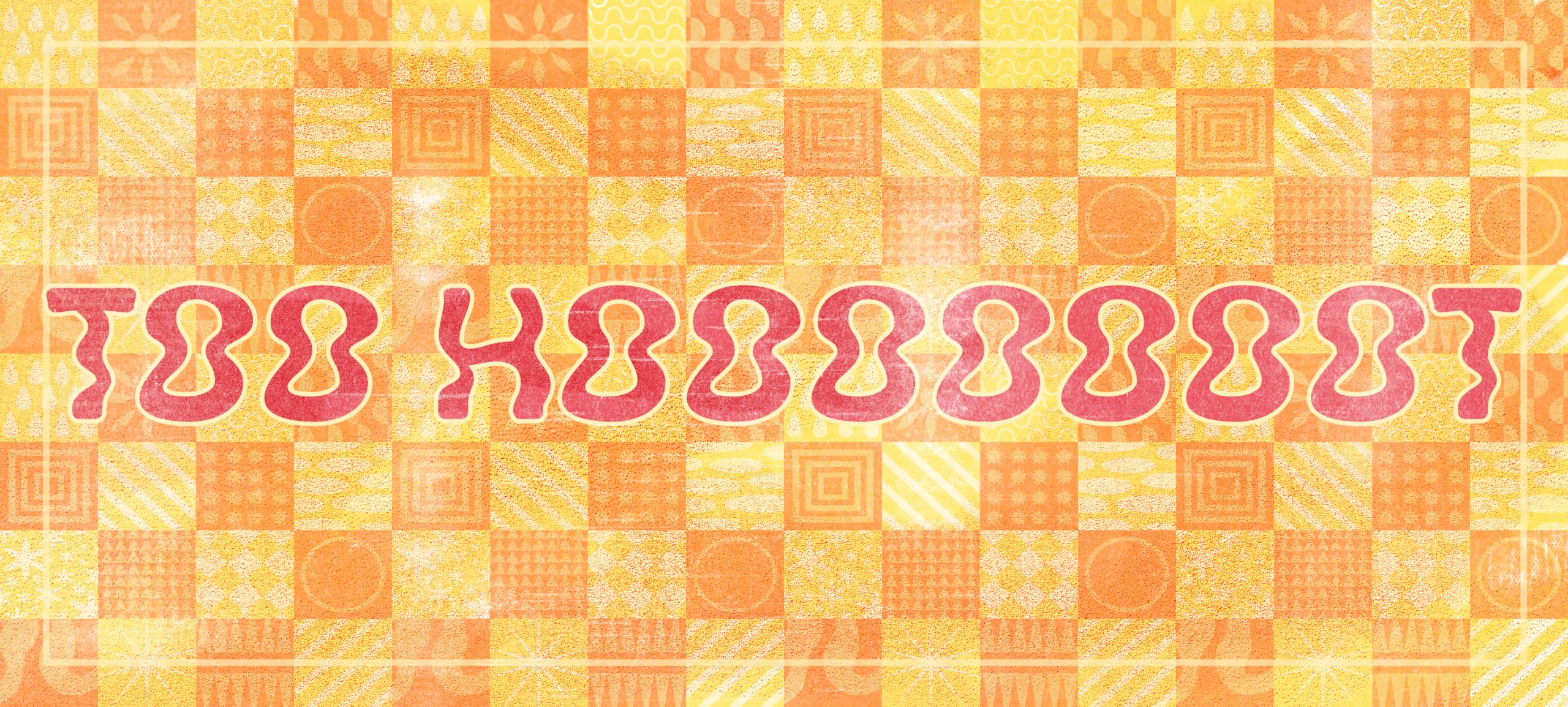
Bochorno Studies: Sun, Shade, and the Everyday Politics of Heat
-
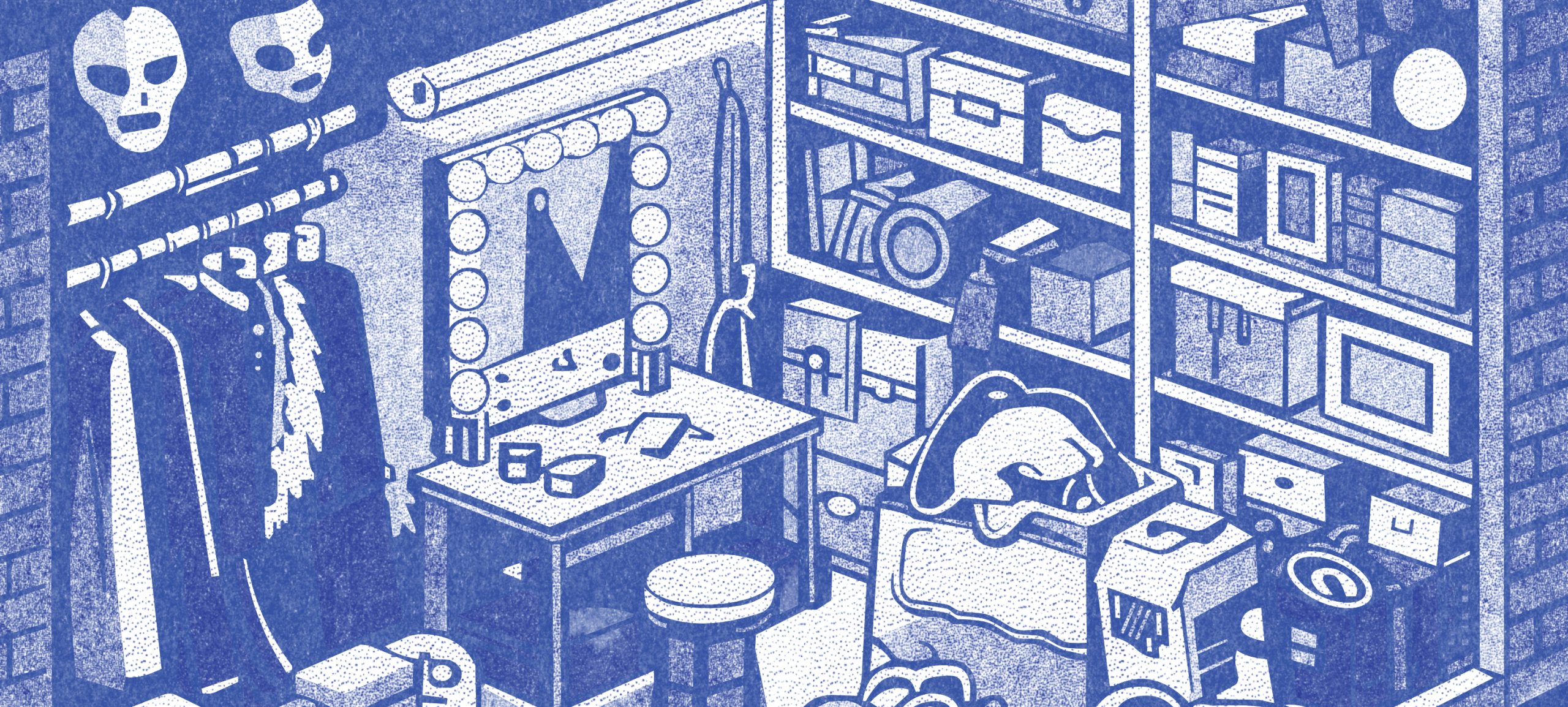
Tales from the Estonian East: a third-party zine experiment with MINIMA
-
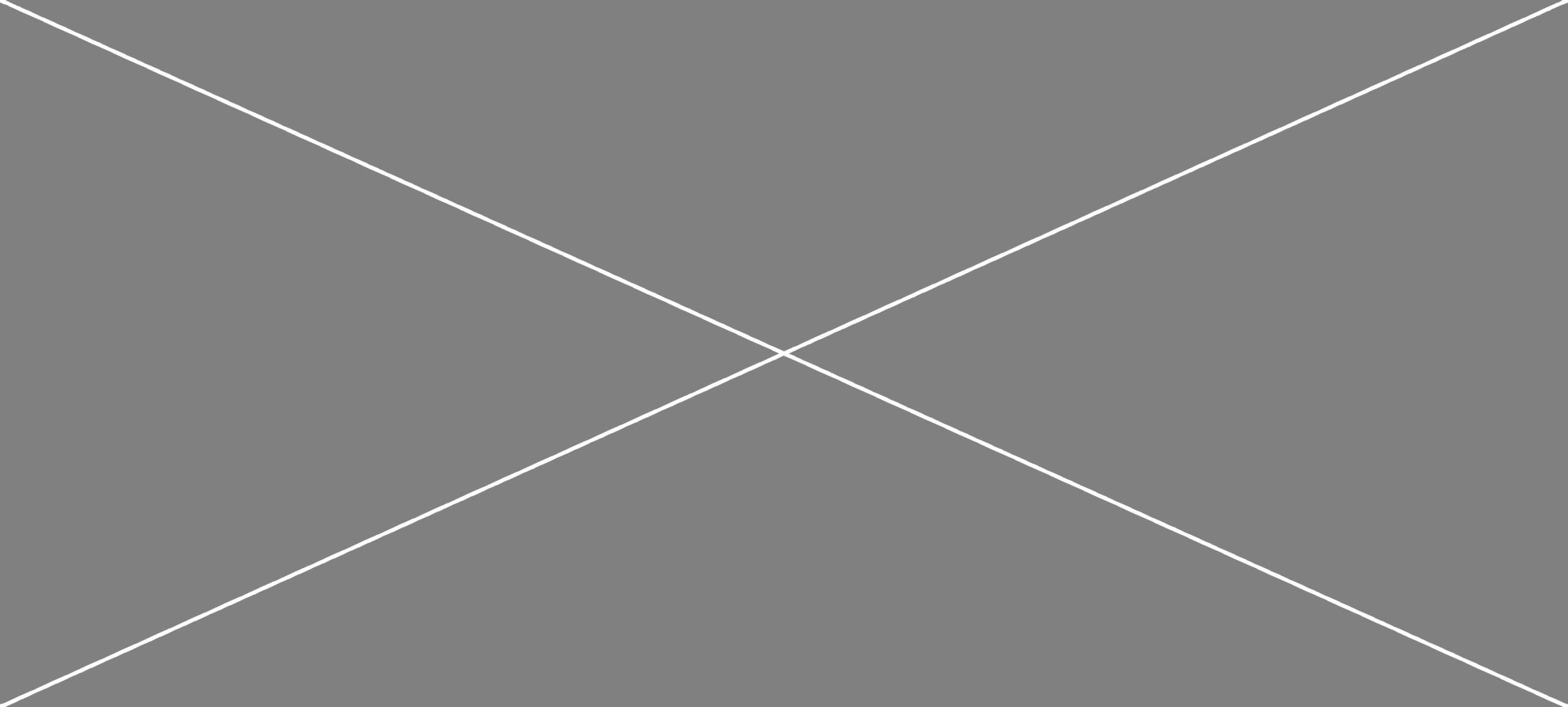
Upcoming chapter: Misprinting Methods
-

From Visual Scatter to a Personal Print Voice
-

Announcing the Geomodalities Working Group at IRI THESys
-

Tactile impressions / Reliefs
-

From Tarde to MINIMA
-
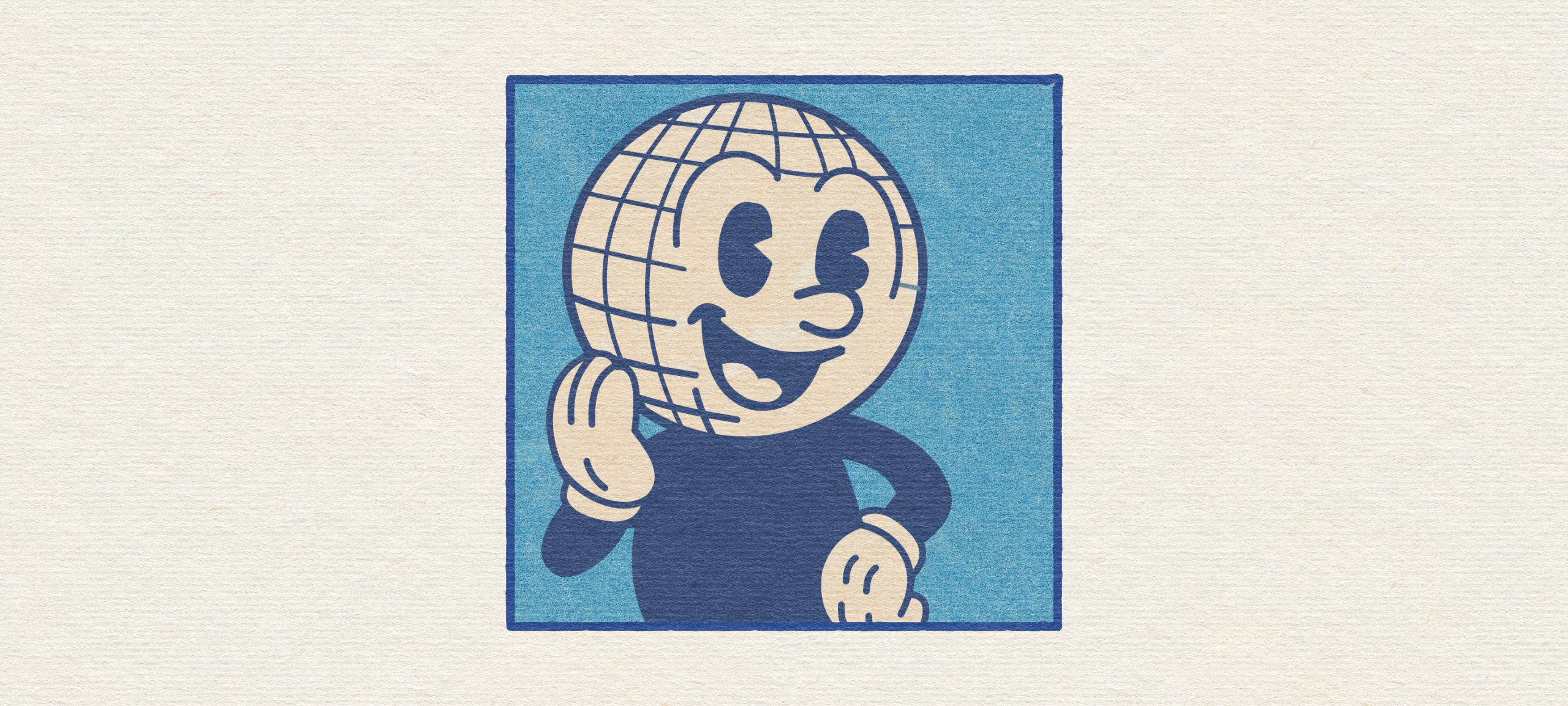
Learning from Fleischer Studios
-
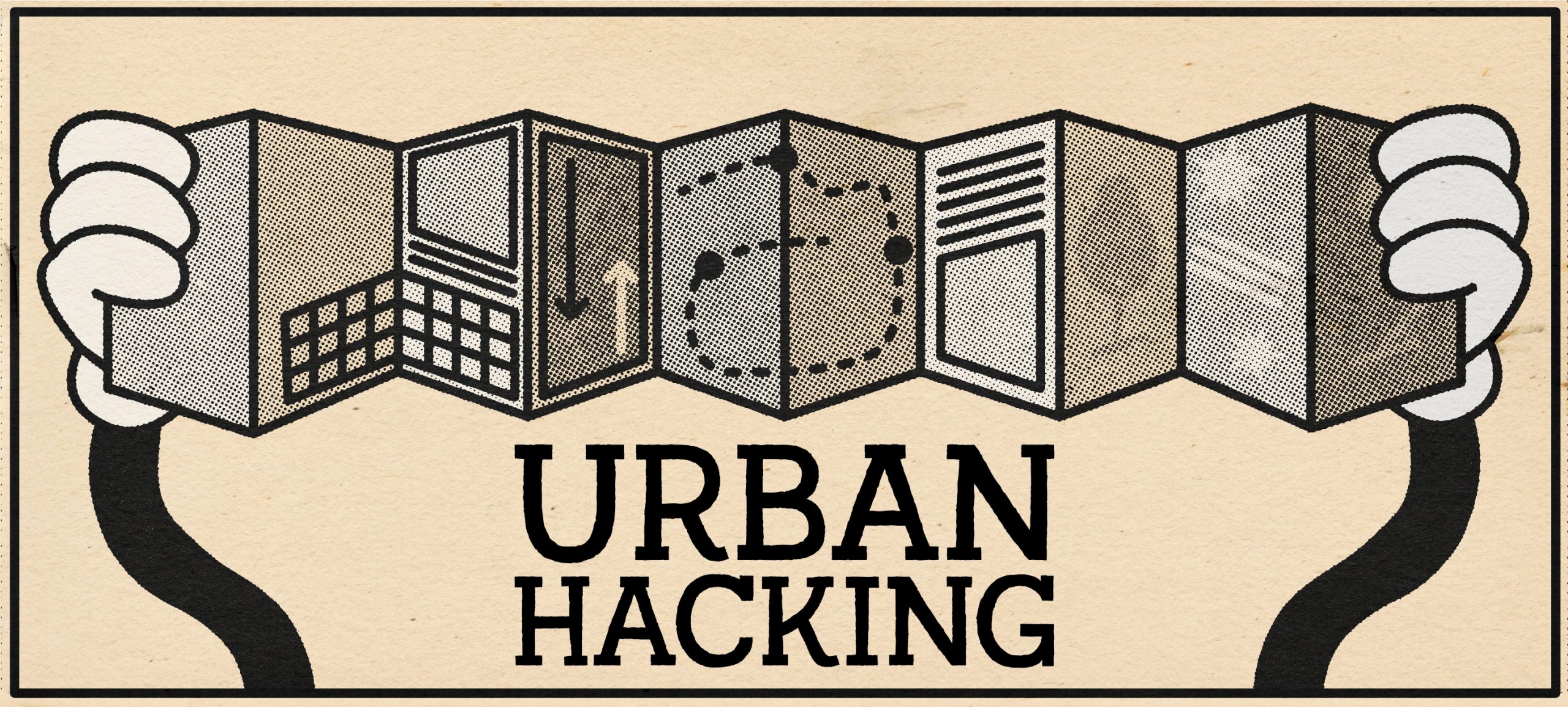
Issue 0: Brochure
-
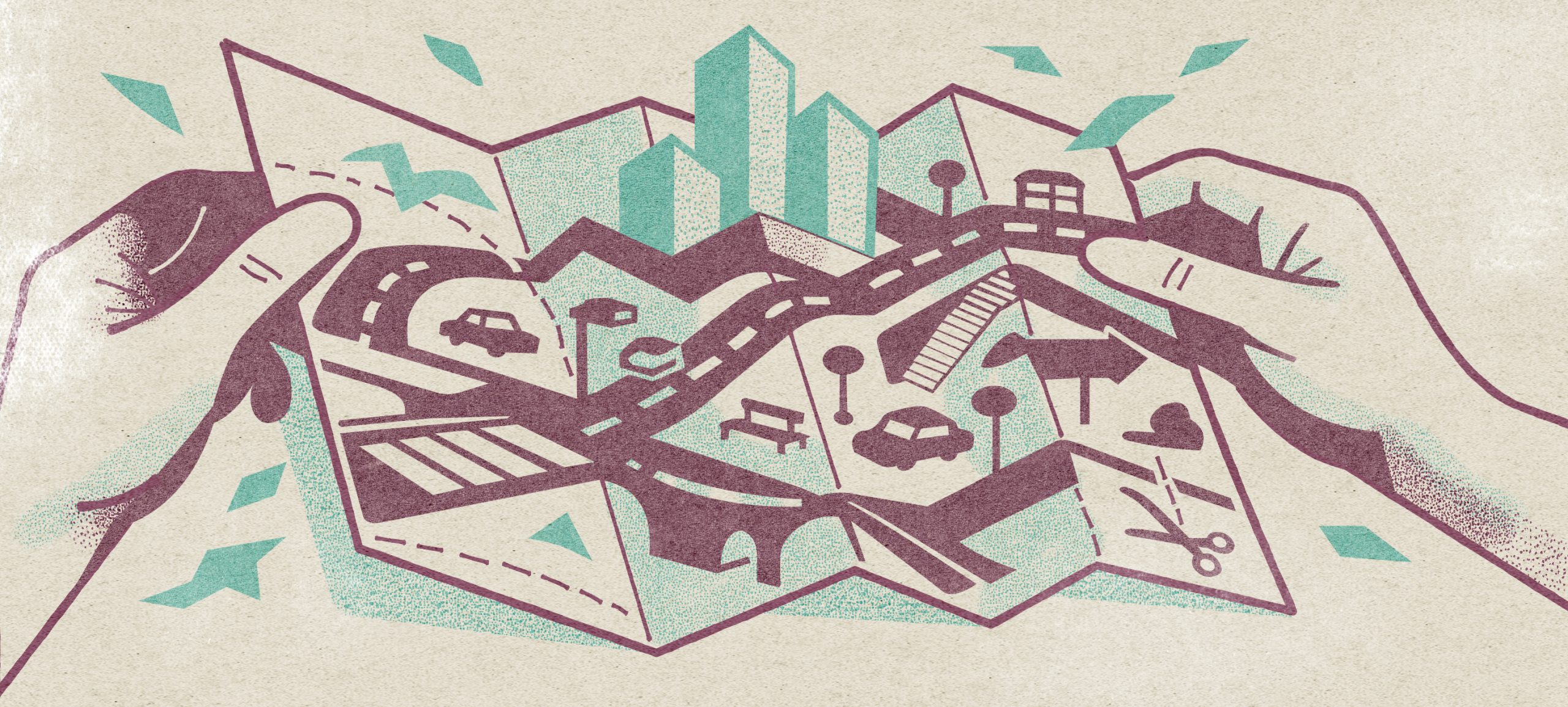
Des-plegar
